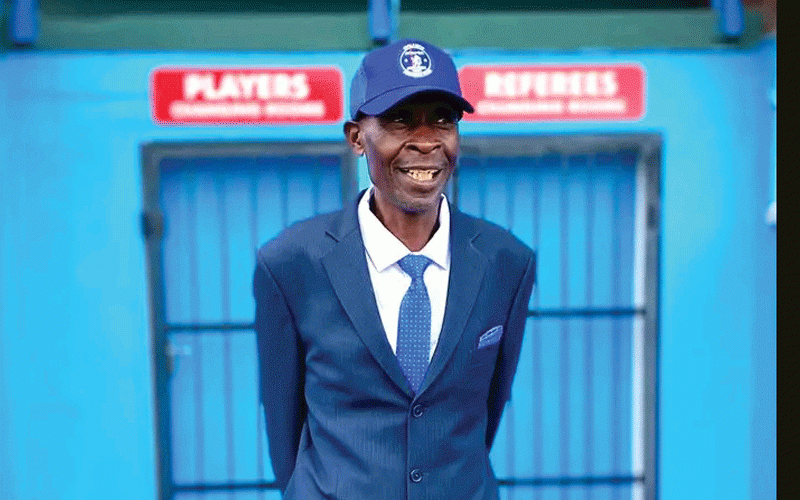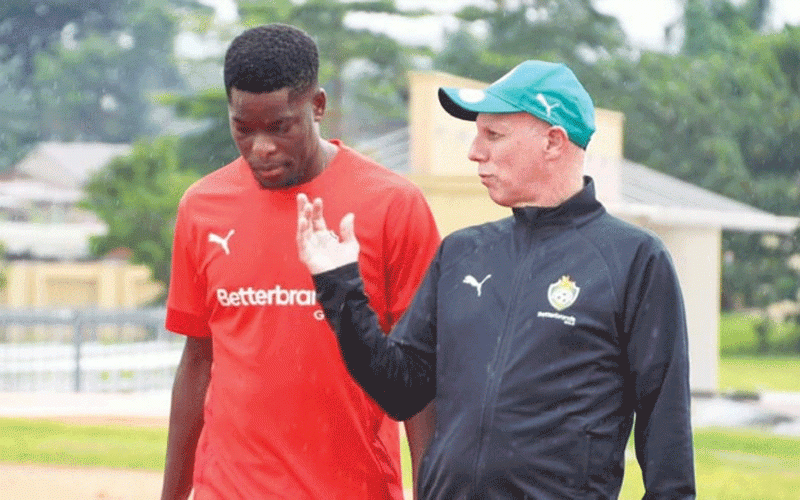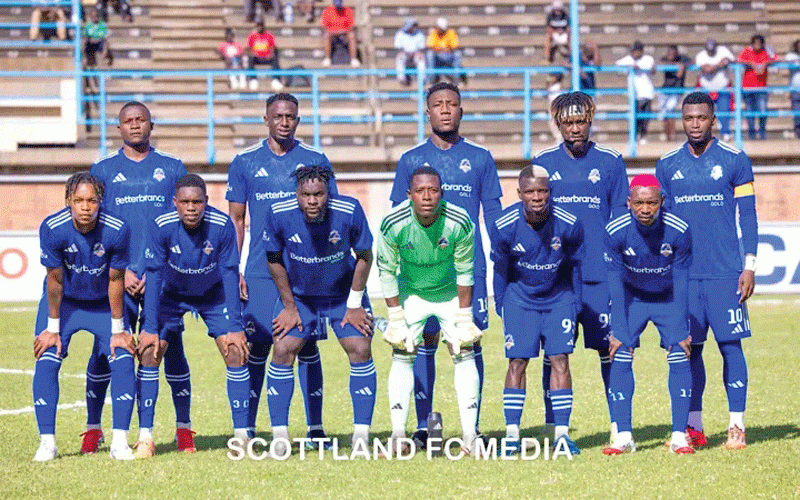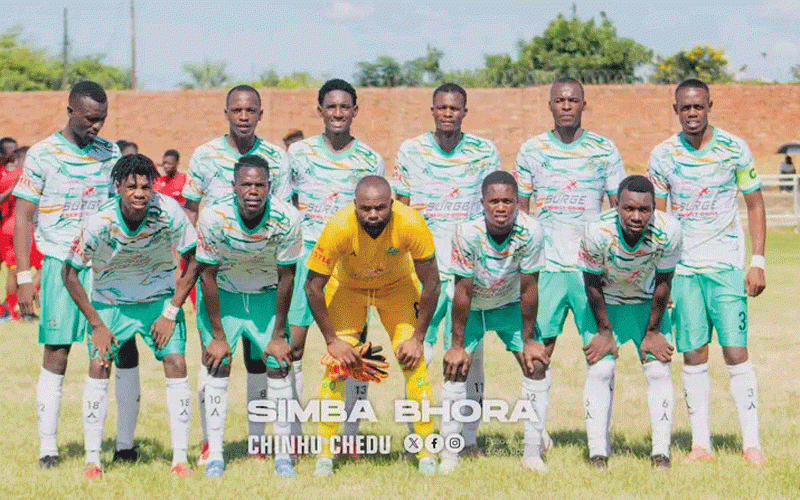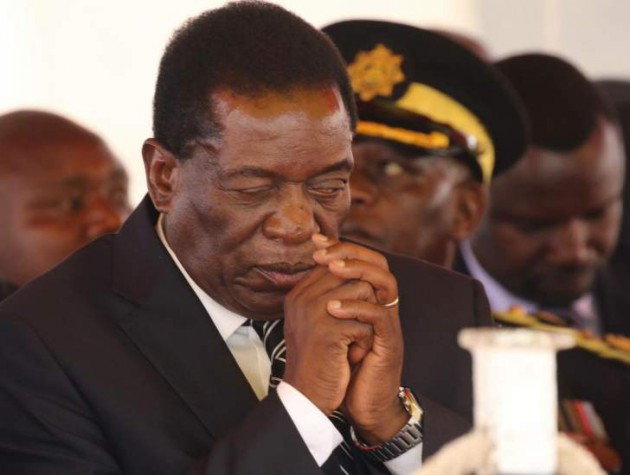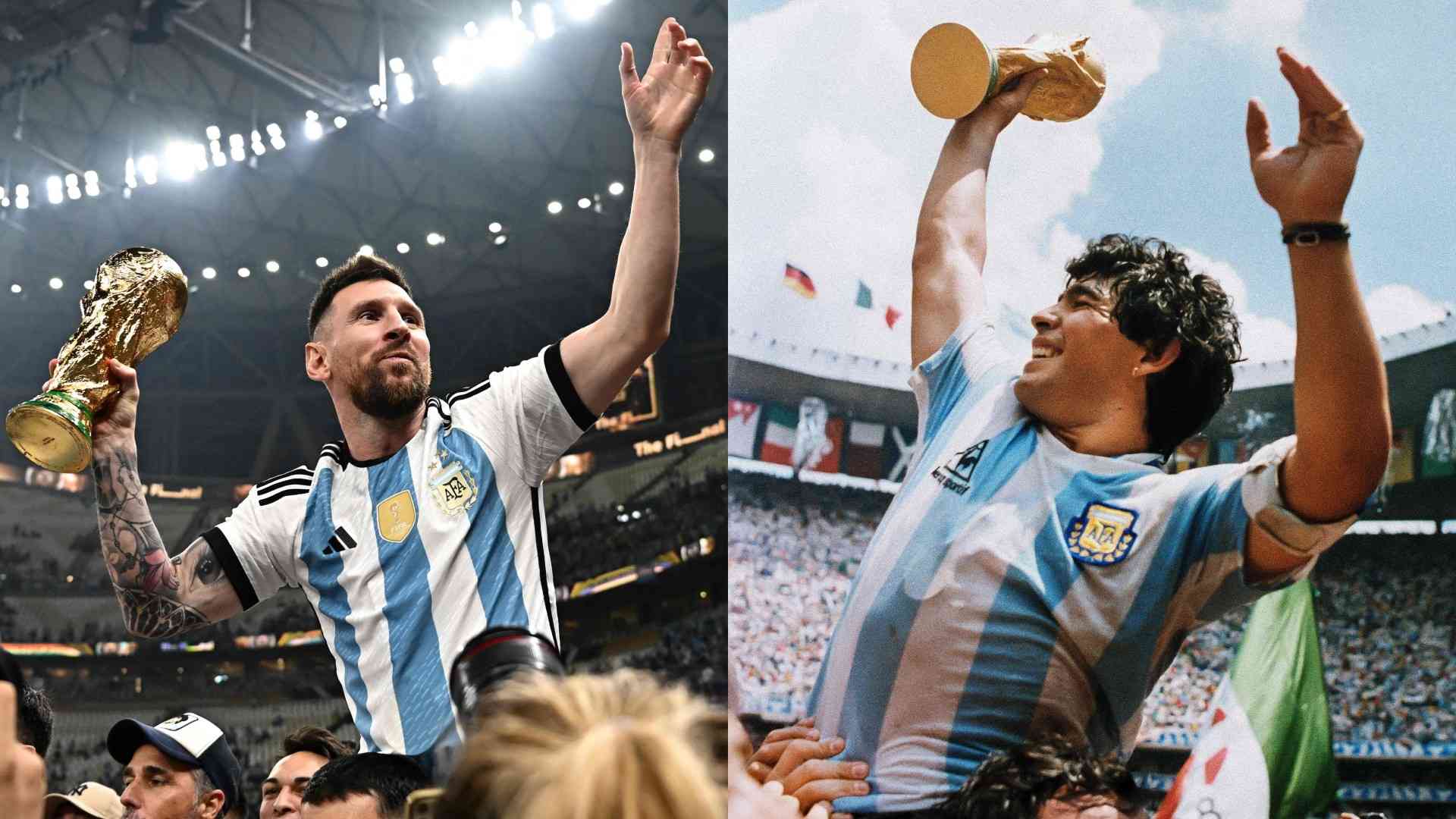
SO, the World Cup is over for another four years and Argentina are the world champions and deservedly so.
Everyone agrees that the South Americans led by Lionel Messi were worth winners, their victory coming 36 years after the late great Diego Maradona inspired them to their last success.
Argentina’s revival, coming about three-and-half decades after their finest hour in 1986 was won when the wheels of the other football powerhouses Belgium and Germany had fallen off before the real competition had even started.
More so, when Italy had failed to take part in the main race after failing to qualify for the second World Cup running, having also failed to make the trip to Russia in 2018.
Even sweeter for the Argentines was that their bitter rivals and neighbors Brazil failed to last the distance after being eliminated by Croatia not in the semi finals, but in the quarters.
Argentina could have faced the Samba Boys in the semi finals had the star studded, but out-of-sorts Brazilians not found Luca Modric and friends too hot to handle.
For 35-year-old Messi, it was a fitting departure from the World Cup stage after finally landing the only accolade that had eluded him in his illustrious football career.
Messi will go down in history alongside Brazil’s Pele and Maradona as the greatest players ever to have taken part in the World Cup although there are too many doubting Thomases on whether he is on top of that three-man list with some pointing that Pele is first, Maradona second and then Messi himself in third place.
- In Full: Nineteenth post-cabinet press briefing: July 05, 2022
- Muzarabani eager for Chevrons to qualify for Australia 2022
- R. Kelly sentenced to 30 years in sex trafficking case
- Cops Arrested For USD 10 Fraud
Keep Reading
There should also had been a place for Germany’s influential captain, Franz Beckenbauer — the Kaiser, — who won the World Cup once and was runner up twice but sadly defenders do not get much attention hence Pele, Maradona, and now Messi hog the limelight.
Pele on the other hand, won three World Cup titles, Maradona won one in 1986 but single handedly propelled Argentina to their second successive final in 1990 before losing out 1-0 to Germany.
The current generation of football followers, however, did not see Pele and Beckenbauer in action, and some briefly saw Maradona, so to them, Messi is the best if not the greatest of them all.
What is ironic is that no African footballer — apart from Roger Milla in 1990 — has really been a stand out at the World Cup despite the continent being home to some of the greatest players in world club football George Weah, Abedi Pele, Samuel Eto Fils, Didier Drogba, Mohammed Salah, Sadio Mane, and the list is endless.
Argentina took home $42 million for winning the biggest prize in international football but for its players — unlike those from Africa — it was the honour of winning the World Cup for their country rather than the financial rewards that came with it.
Winding back a bit, a plane carrying loads of cash had to be dispatched from Yaoundé to the 1998 World Cup finals in France after the Indomitable Lions of Cameroon threatened not to fulfill fixtures unless they were paid what they had been promised.
Imagine that this action was happening right in the eyes and the ears of the whole world.
Consequently, the same team crashed out of the World Cup in the first round after losing 3-0 to Italy and drawing 1-1 with both Chile and Austria to finish bottom of the table.
The Indomitable Lions had also made noises over money at the 1994 World Cup in the USA where they were soundly beaten 6-1 by Russia and 3-0 by Brazil and picked up only one point from a 2-2 draw with Sweden to finish last in the group.
In fact, they conceded a massive 11 goals in only three matches.
Happily, though, Morocco has made a marker for African football and for its future when they reached the World Cup semi finals and along the road knocked out Belgium, Spain, and Portugal.
The Atlas Lions became the first African team to reach the semi finals of the biggest football competition on earth, that coming 36 years after they also became the first African team to reach the Round of 16.
The Moroccans proved that it can be done when the administrative conditions are right and when there is unity and support from the government going down to the ordinary football fan.
Their success is rooted in a professionally drawn up plan backed by huge financial investment unlike in other parts of Africa where chronic instability in football administration has been the biggest drawback.
The North Africans have helped to instill, if not in building confidence among African teams that they have what it takes to beat the best the world has to offer and probably win the World Cup in the near distant future.
As the World Cup caravan moves to Canada and the USA in 2026, African teams should build on the Moroccan experience and aim even higher than the 2022 semi final place.
For those who were in Qatar, Cameroon, Ghana, Senegal, and Tunisia, most of their players have been overtaken by age and it is time they started all over again building new teams to qualify them for the next World Cup edition.
The Atlas Lions themselves should not rest on their laurels thinking they have already done more than enough. Fine, they have set the pace but that should be the foundation for even greater things to come.
Africa will have nine representatives in 2026 and the hope is that the increase will not only be in numbers but in high achievements as well.
For Zimbabwe, though, the road is still long and bumpy but the target should be to return to the international fold in time for the start of the World Cup 2026 qualifiers.
Events on the ground, though, suggest that this will not be anytime soon, and probably not even in 2023.
For your comments, views, and suggestions mkariati@gmail.com or WhatsApp on 0773 266 779.

